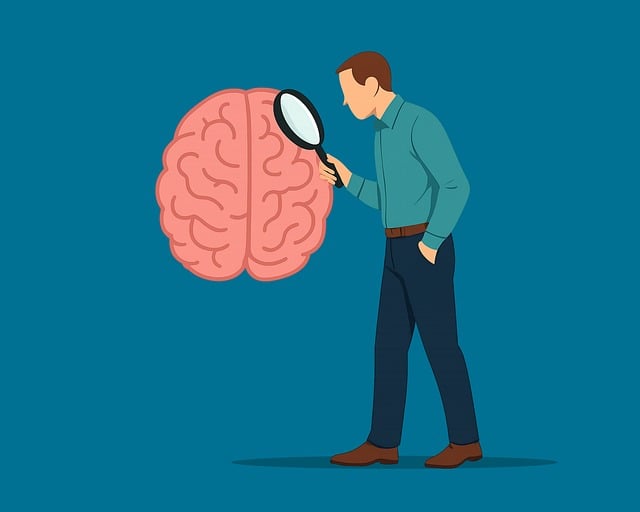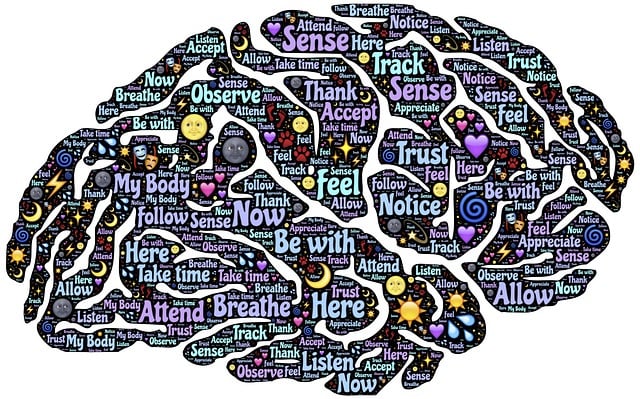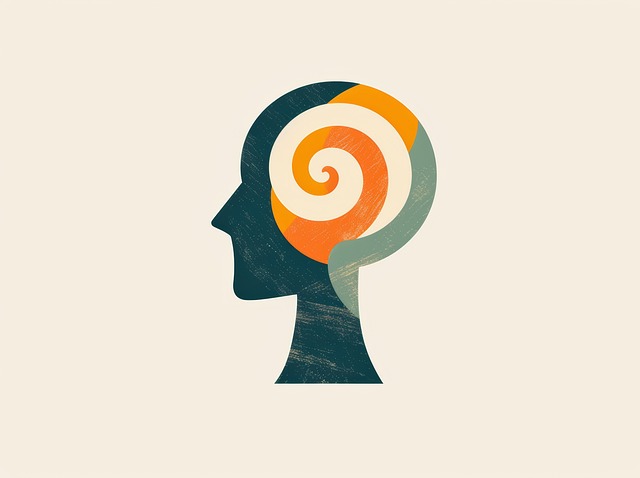Emotional intelligence (EI) development is a powerful strategy for elders managing conditions like Obsessive-Compulsive Disorder (OCD), enhancing mental health and quality of life. Therapies focusing on emotional well-being, including cognitive-behavioral therapy (CBT) and mindfulness practices, equip seniors with coping strategies to manage OCD symptoms, improve self-esteem, and strengthen relationships. Community outreach programs complement traditional therapy, offering mental health awareness and social skills training for a holistic approach to elder care. By combining tailored interventions and risk assessment tools, mental health professionals can empower elders to navigate emotional challenges, leading to improved quality of life.
Emotional intelligence (EQ) is a crucial aspect of overall well-being, especially for elders. This article explores the profound impact of EQ on senior citizens and offers insights into effective strategies for its development. We delve into how therapy plays a pivotal role in enhancing EQ, particularly for those managing Obsessive Compulsive Disorder (OCD). By understanding emotional intelligence and its benefits, we can navigate the complexities of aging with greater self-awareness and resilience. Practical approaches are presented to foster EQ in elderly populations, contributing to improved quality of life.
- Understanding Emotional Intelligence and its Impact on Elders
- The Role of Therapy in Enhancing Emotional Intelligence for OCD Management
- Practical Strategies to Build Emotional Intelligence in an Elderly Population
Understanding Emotional Intelligence and its Impact on Elders

Emotional intelligence (EI) is a powerful tool for elders to navigate their daily lives and maintain their mental health. It involves recognizing, understanding, and managing one’s own emotions, as well as empathizing with others. For seniors, especially those dealing with challenges like Obsessive-Compulsive Disorder (OCD), EI can be transformative. Therapy for Elders often focuses on promoting emotional well-being by teaching coping mechanisms to manage anxiety and stress associated with OCD, thereby enhancing their overall quality of life.
By cultivating emotional intelligence, elders can improve their self-esteem and build stronger relationships. Emotional well-being promotion techniques, such as mindfulness practices and cognitive-behavioral therapies, are valuable tools in mental health awareness campaigns tailored for the elderly. These methods help them gain a deeper understanding of their emotions, enabling better decision-making and a more fulfilling life, regardless of age or diagnosis.
The Role of Therapy in Enhancing Emotional Intelligence for OCD Management

For individuals dealing with Obsessive Compulsive Disorder (OCD), therapy plays a pivotal role in enhancing emotional intelligence and managing symptoms effectively. Cognitive-behavioural therapy (CBT) is particularly effective, focusing on identifying and changing negative thought patterns and behaviours that contribute to OCD. This approach empowers elders with OCD to understand their emotions better, develop coping strategies, and build resilience against intrusive thoughts.
Community outreach programs offering mental health awareness sessions and social skills training can further complement traditional therapy. These initiatives foster a supportive environment, encouraging open discussions about OCD while teaching valuable social interaction techniques. By integrating these various therapeutic methods, elders with OCD can navigate their emotional landscape more skillfully, leading to improved quality of life.
Practical Strategies to Build Emotional Intelligence in an Elderly Population

Building emotional intelligence (EI) is a valuable asset for any individual, and this becomes even more significant as we age. For the elderly population, enhancing EI can lead to improved quality of life and better overall well-being. There are several practical strategies that mental health professionals can employ to foster EI development in seniors. One effective approach involves incorporating therapy techniques tailored to their needs, such as cognitive-behavioral therapy (CBT) or mindfulness practices, which have proven beneficial for managing stress and anxiety.
Additionally, focusing on confidence boosting activities and inner strength development can significantly impact the emotional resilience of the elderly. Mental health professionals should consider risk assessment tools to identify potential EI gaps and tailor interventions accordingly. By combining evidence-based therapies with personalized support, elders can navigate their later years with enhanced emotional intelligence, leading to more fulfilling interactions and a better understanding of their own emotions and those around them, even when dealing with conditions like Obsessive Compulsive Disorder (OCD).
Emotional intelligence plays a pivotal role in the well-being of the elderly, impacting their relationships and overall quality of life. By understanding and fostering emotional intelligence, we can significantly improve the lives of seniors, especially those dealing with conditions like Obsessive Compulsive Disorder (OCD). The strategies outlined in this article—combining therapy for elders OCD management and practical approaches—offer a comprehensive roadmap to enhance emotional intelligence in the elderly population. These efforts not only promote personal growth but also foster stronger, more meaningful connections within communities.














